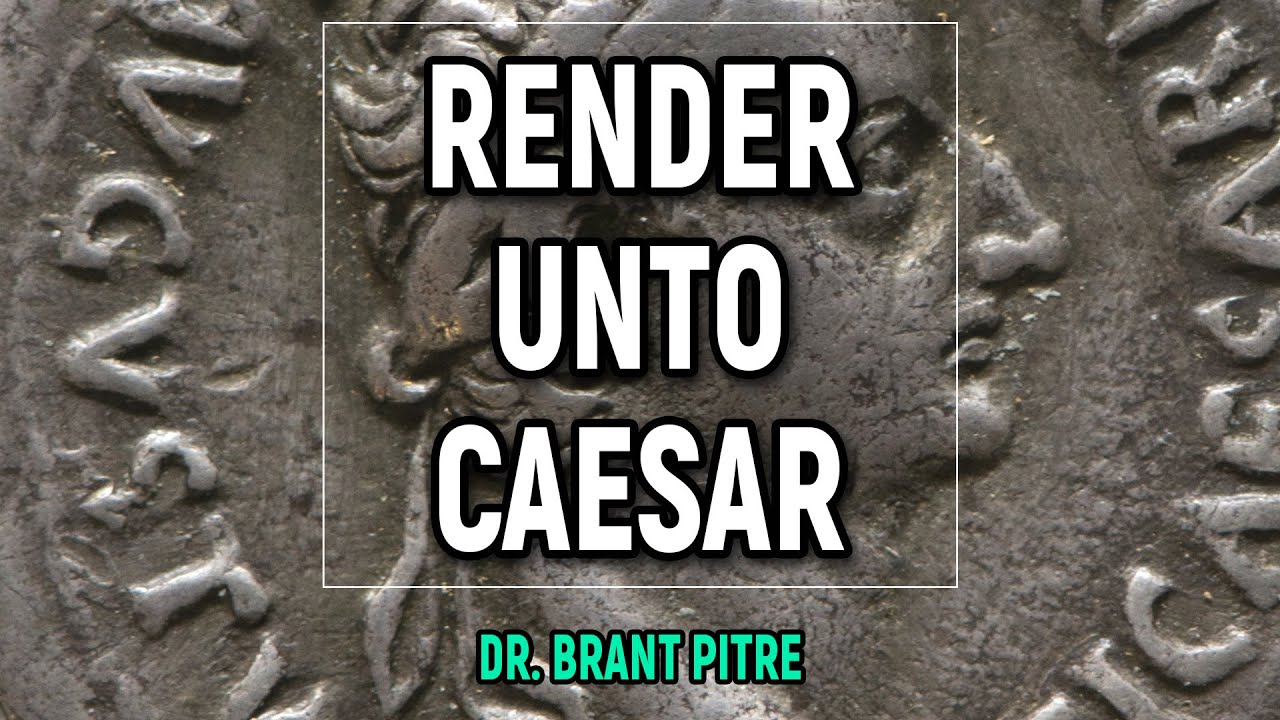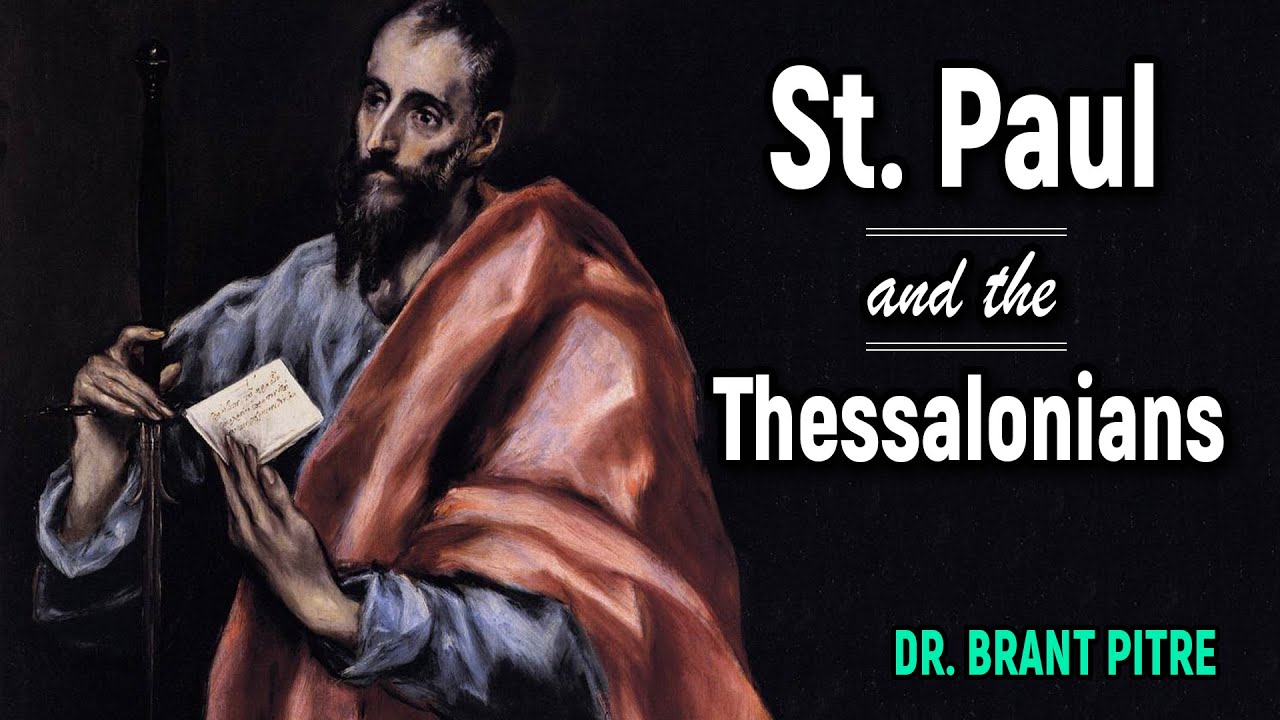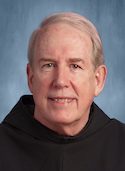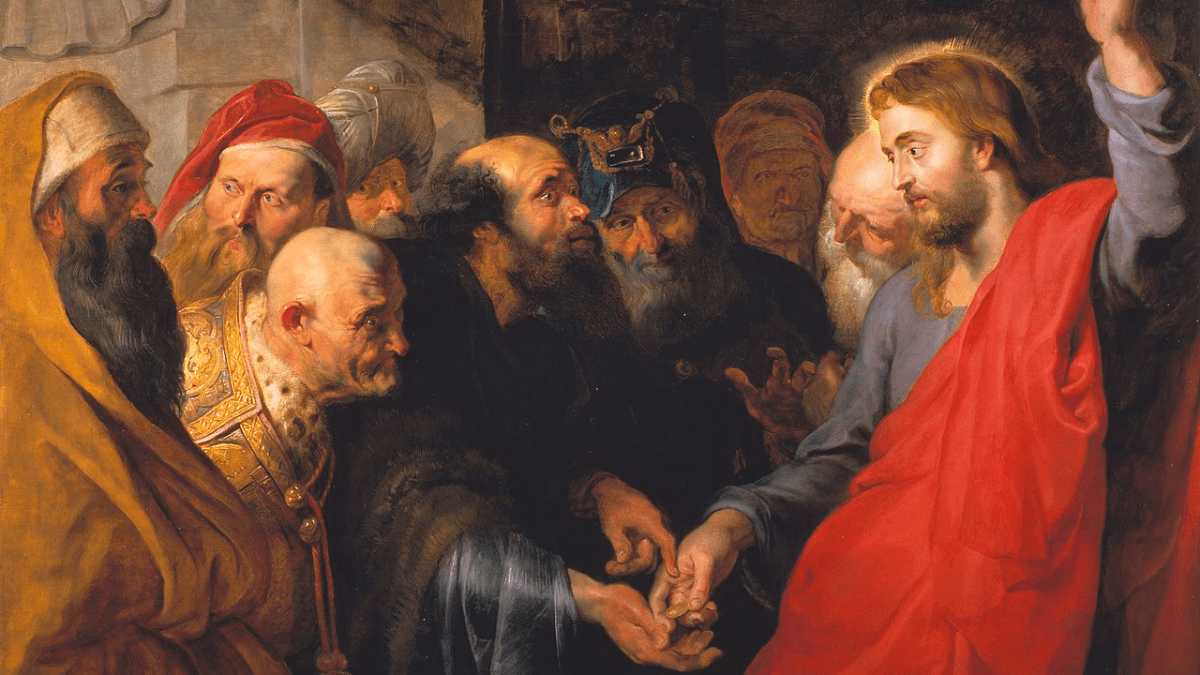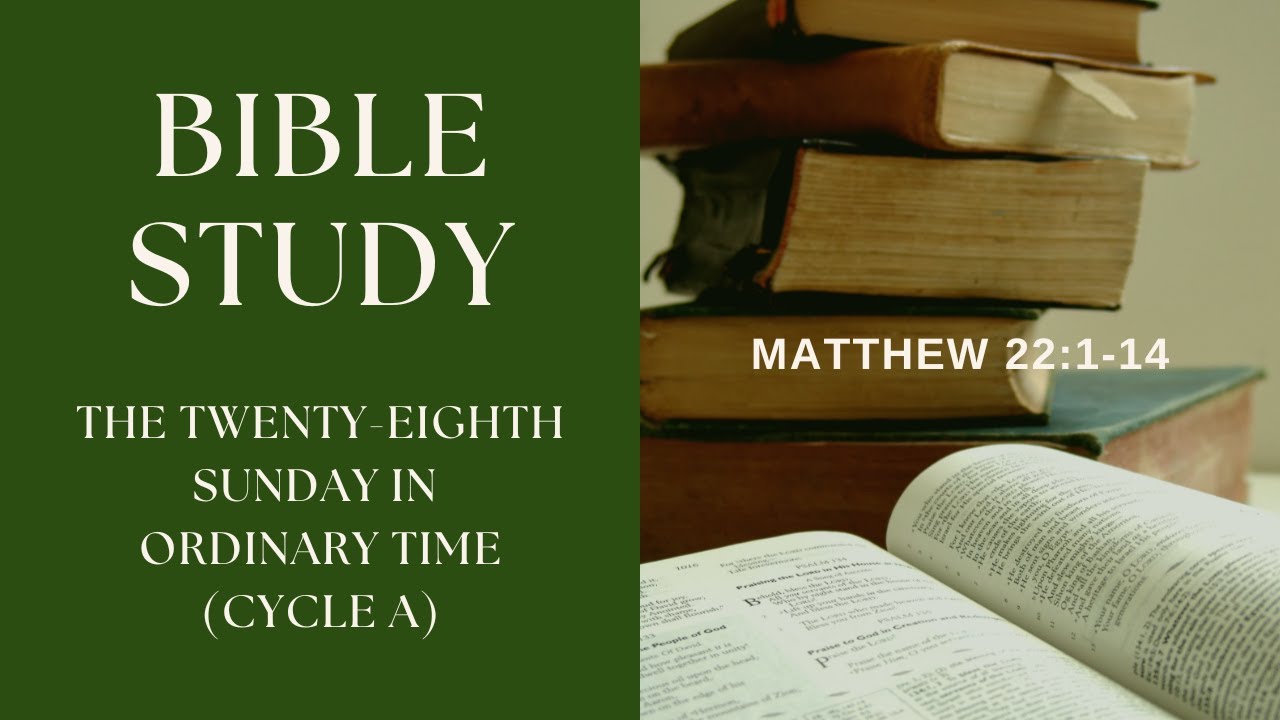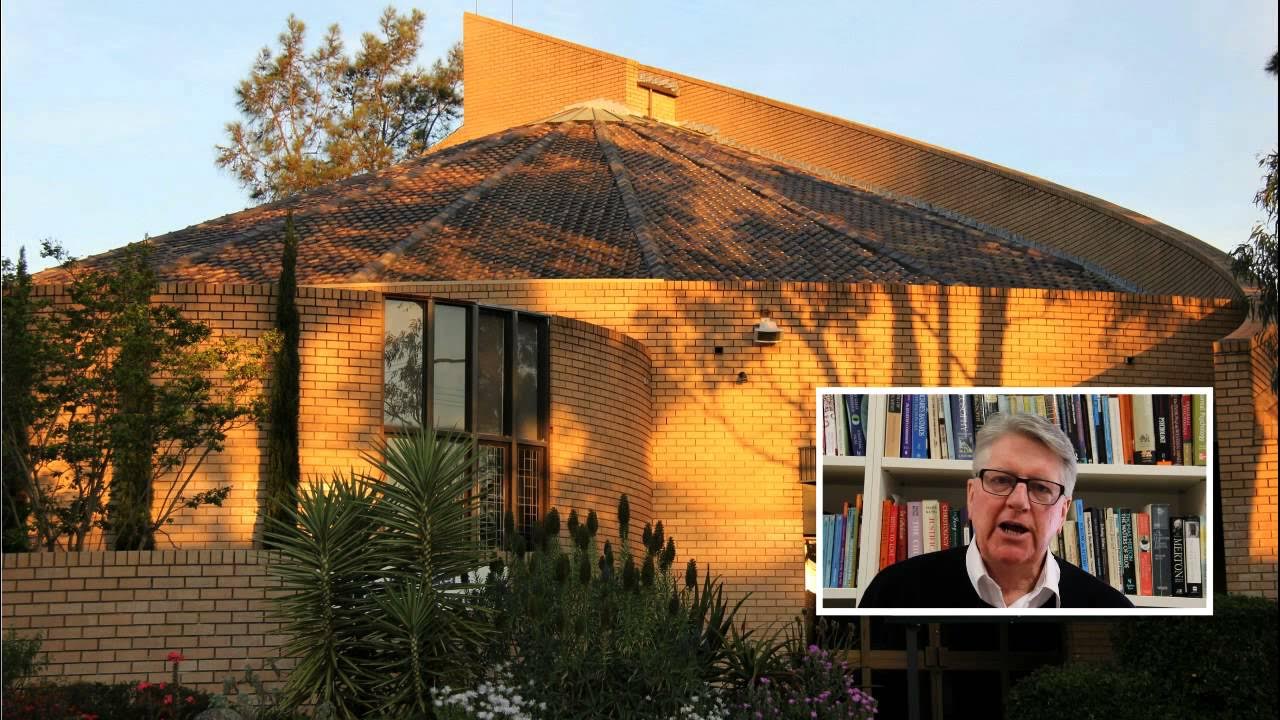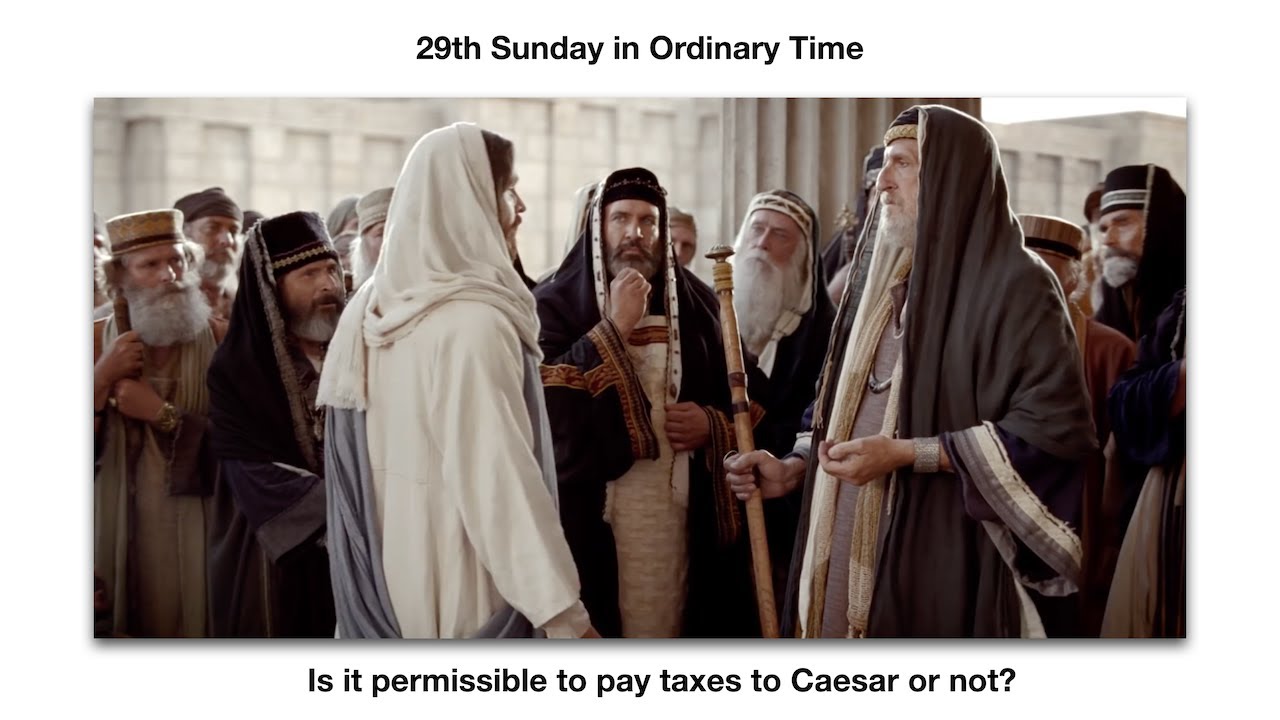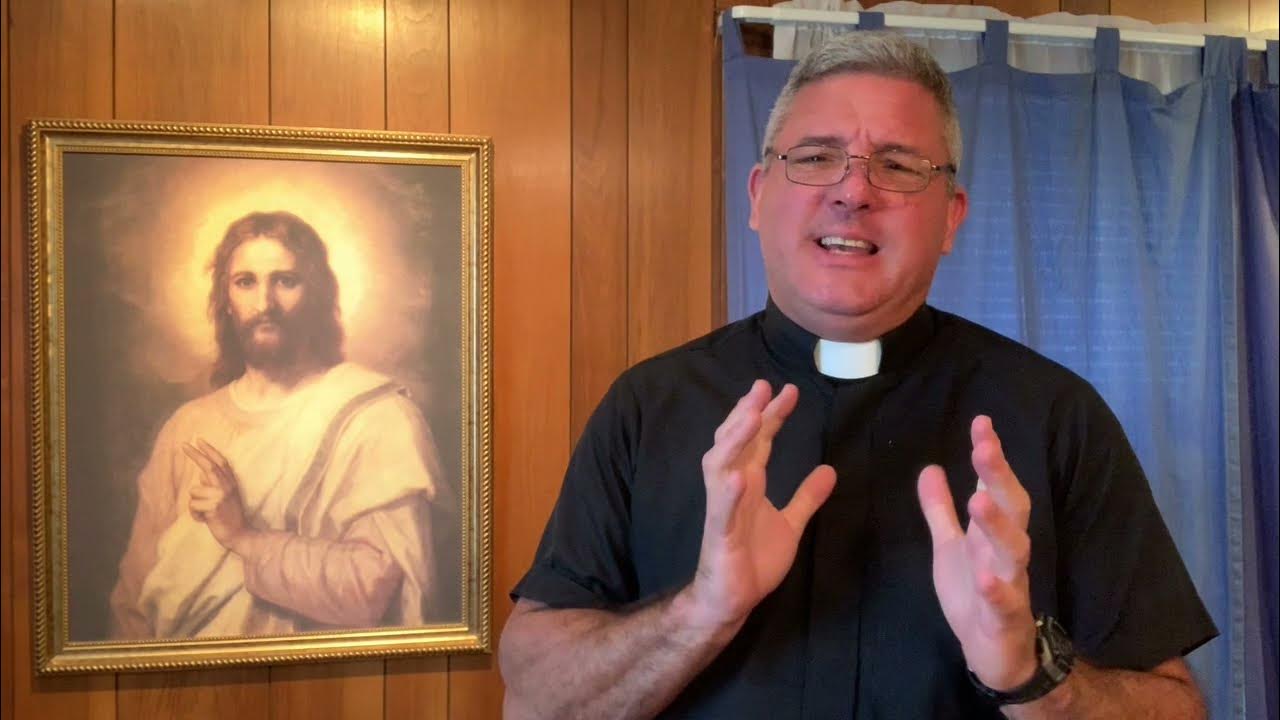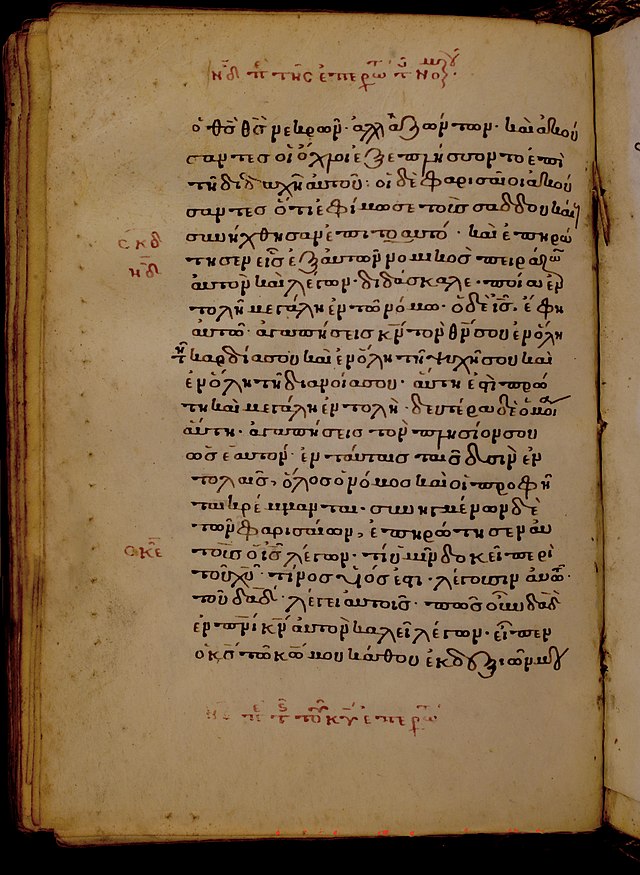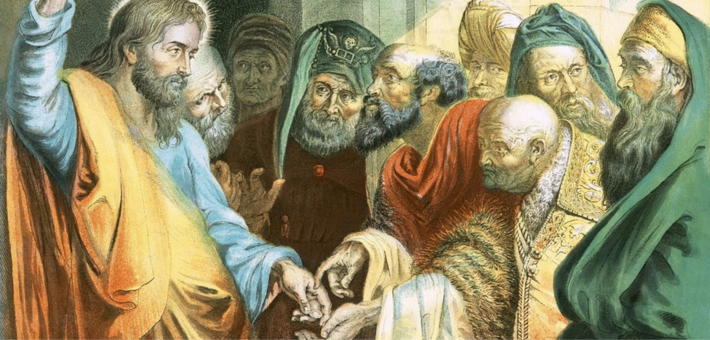Commentary for Sunday
Brant
Pitre
Mass Readings Explained
29th Sunday of Year A
Michal E.
Hunt
Fr. George
Corrigan
OFM
Fr. Kieran
O’Mahony
OSA
Fr. Francis
Martin
Catholic
Climate
Covenant
Catholic Climate Covenant
29th Sunday of Year A
29th Sunday – Cycle A

Paying taxes is one way of contributing to the common good, but it requires careful oversight of those funds, determined not merely by partisan wrangling, or to accommodate an economy that structurally favors enrichment of the few. The political commitment of the community which follows Christ demonstrates true concern for maintaining an economy at the service of the people, rather than putting people at the service of the economy.
Pope Francis is eloquent in urging us to reject consumerism, to fight corporate greed, to be mindful of how our choices impact the environment, and to advocate for earth-friendly policies. He tirelessly proclaims that climate change is a moral issue, and that God did not create the earth to be devastated and exploited by humans for our own selfish purposes.
We must continue to be aware that, regarding climate change, there are differentiated responsi- bilities. As the U.S. bishops have said, greater attention must be given to “the needs of the poor, the weak and the vulnerable, in a debate often dominated by more powerful interests.” We need to strengthen the conviction that we are one single human family. There are no frontiers or barriers, political or social, behind which we can hide, still less is there room for the globaliza- tion of indifference. (52)
St. Charles
Borromeo
Notes
Catholic Bible Study
29th Sunday of Year A
Together with God’s Word
29th Sunday of Year A
KEY VERSE: “Repay to Caesar what belongs to Caesar and to God what belongs to God” (Matthew 22:21)
TO KNOW: Jesus, the true Son of the August God, told his opponents to pay the tax. Money belonged to the temporal order, and its power was transitory. Jesus challenged his opponents to look at a deeper level. Had they paid their debt to God whose power was eternal?
READ MORE
TO LOVE: Does the separation of Church and State give me an excuse to ignore my moral obligations?
TO SERVE: Lord Jesus, I want to give you honor and glory in all I do.
Sunday Scripture Questions
29th Sunday of Year A
FIRST READING – Is 45:1, 4-6
1. In the 1st Reading, we hear about Cyrus, the king of Persia and the most powerful man in the world of his time. It would be he that would issue the decree releasing the Jews from their exile in Babylon to return to their land. From where does this great king’s power come?
SECOND READING – 1 Thes 1:1-5b
2. In the 2nd Reading, Paul reminds of their chosen state before God (1 Thes 1:4)? What are the fruits that Paul sees in their lives to confirm this call (1 Thes 1:3,5)? Where are the fruits in our lives?
GOSPEL – Mt 22:15-21
3. In the Gospel Reading, why do the Herodians (allied to Rome) and the Pharisees (admired and influential religious separatists) make strange partners? How is Jesus a threat to each?
4. What would the social or political consequences have been if Jesus had simply said “Pay Caesar”? If he had said “Don’t pay Caesar”? (ANSWER)
5. What does Jesus mean by his answer (Mt 22:21)? What should we give to God?
6. What is Jesus teaching about the relationship between Church and State? Which obligation isprimary? Why?
7. In your life, what belongs to Caesar? To God? How well are you giving to each? Whatprevents you from giving to God what is God’s?
SOURCE: SundayScriptureStudy.com / used with permission
Fr. A Paul

Applying the Readings to Daily Life
Wiki Connections
29th Sunday of Year A
Gospel Connections
29th Sunday of Year A
29th Sunday of Year A
2nd Reading Connections
29th Sunday of Year A
Non-Catholic Resources
29th Sunday of Year A
21st Sunday after Pentecost / Proper 24A
GENERAL
Richard Niell Donovan, a retired Disciples of Christ clergyman, published Sermon writer for more than two decades. When Dick died in 2020, his wife, Dale, has graciously kept the website online free of charge.
Matthew 22:15-22
Biblical Commentary
Mt 21-23. THE CONTEXT
Mt 22:15-17. IS IT LAWFUL TO PAY TAXES TO CAESAR?
Mt 22:18-22. WHOSE IS THIS IMAGE?
Sermons
The Skill of the Baker
You and I experience life as a pie graph. Our single self is served up in several slices: One slice for work, another for school, another for family. Together these slices make up the pie which is our life here and now.
Show Me the Money
“Give therefore to Caesar the things that are Caesar’s, and to God the things that are God’s.” This stumped both the Pharisees and the Herodians. They were amazed and went away. Personally, I wish they had stayed and asked Jesus to clarify exactly what he meant.
Working Preacher
Conflict is part of every day. There are some conflicts that need to be reduced. Other conflicts are part of the human condition. What does not help is ignoring conflicts – whether they are conflicts to be solved, or conflicts to be learnt from. The gospel texts are replete with dynamics of conflict: occupation; internal conflict between people about whether one should or shouldn’t work for an occupying force; conflict about the inclusion of others; conflict about the role of leadership and the role of popular voices.



